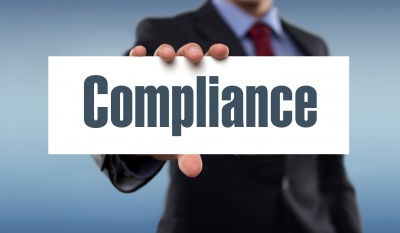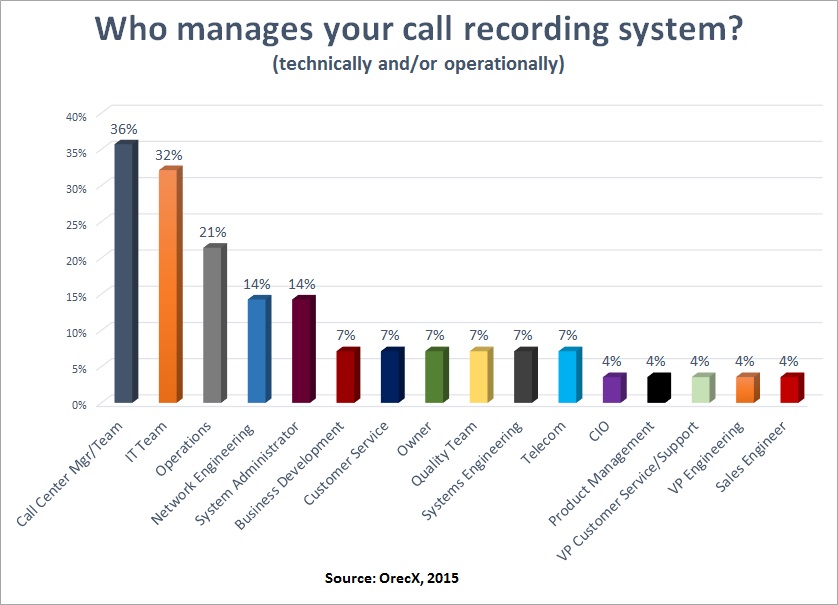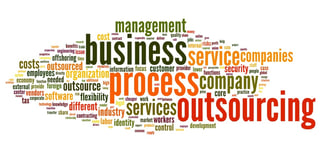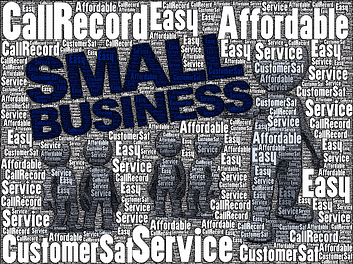FBI estimates of the cost of insurance fraud in the U.S. are staggering: Non-health insurance fraud is estimated to be more than $40 billion per year, which impacts consumers due to higher premiums. It also harms insurers’ profits and the country’s economic stability. The insurance industry itself is massive – consisting of more than 7,000 companies that collect over $1 trillion in premiums each year – and its size contributes significantly to the cost of insurance fraud by providing numerous opportunities and greater incentives for committing illegal activities.

Here are some of the more common insurance fraud schemes:
- Premium Diversion, or the embezzlement of insurance premiums. This is most common type of insurance fraud, and occurs when an insurance agent fails to send premiums to the underwriter and instead keeps the money for personal use. Another common premium diversion scheme involves selling insurance without a license, collecting premiums, and then not paying claims.
- Fee Churching, which is when a series of intermediaries takes commissions through reinsurance agreements. In this scenario, the initial premium is reduced by repeated commissions until there is no longer money to pay claims. The company left to pay the claims is often a business the conspirators have set up to fail. When viewed alone, each transaction appears to be legitimate—only after the cumulative effect is considered, does fraud emerge.
- Asset Diversion, or the theft of insurance company assets. This occurs almost exclusively in the context of an acquisition or merger of an existing insurance company and involves acquiring control of an insurance company with borrowed funds. After making the purchase, the subject uses the assets of the acquired company to pay off the debt. The remaining assets can then be diverted to the subject.
- Workers’ Compensation Fraud. Some entities purport to provide workers’ compensation insurance at a reduced cost and then misappropriate premium funds without ever providing insurance.
- Disaster-Related Fraud, which involves false or exaggerated claims by policyholders. Claims could include misclassification of flood damage as wind, fire, or theft; claims filed by individuals residing hundreds of miles outside the disaster zone; bid-rigging by contractors and falsely inflating the cost of repairs; contractors requiring upfront payment for services and then failing to perform the agreed-upon repairs; and charity fraud scams designed to misappropriate funds donated for disaster relief.
Faced with such an enormous job, fraud officers need as many tools as possible to help identify and thwart these schemes. The trouble is, finding evidence for fraud can be tricky – but sometimes, it’s just a phone call way. That’s where call recording software can help. Call recording systems can enable a call center to flag and easily query all calls associated with a specific claim. Fraud investigators can then scrutinize each call where fraud is suspected to identify any inconsistencies or discrepancies that might indicate fraudulent activity.
Call recording can be a powerful weapon in a fraud officer’s arsenal.
















